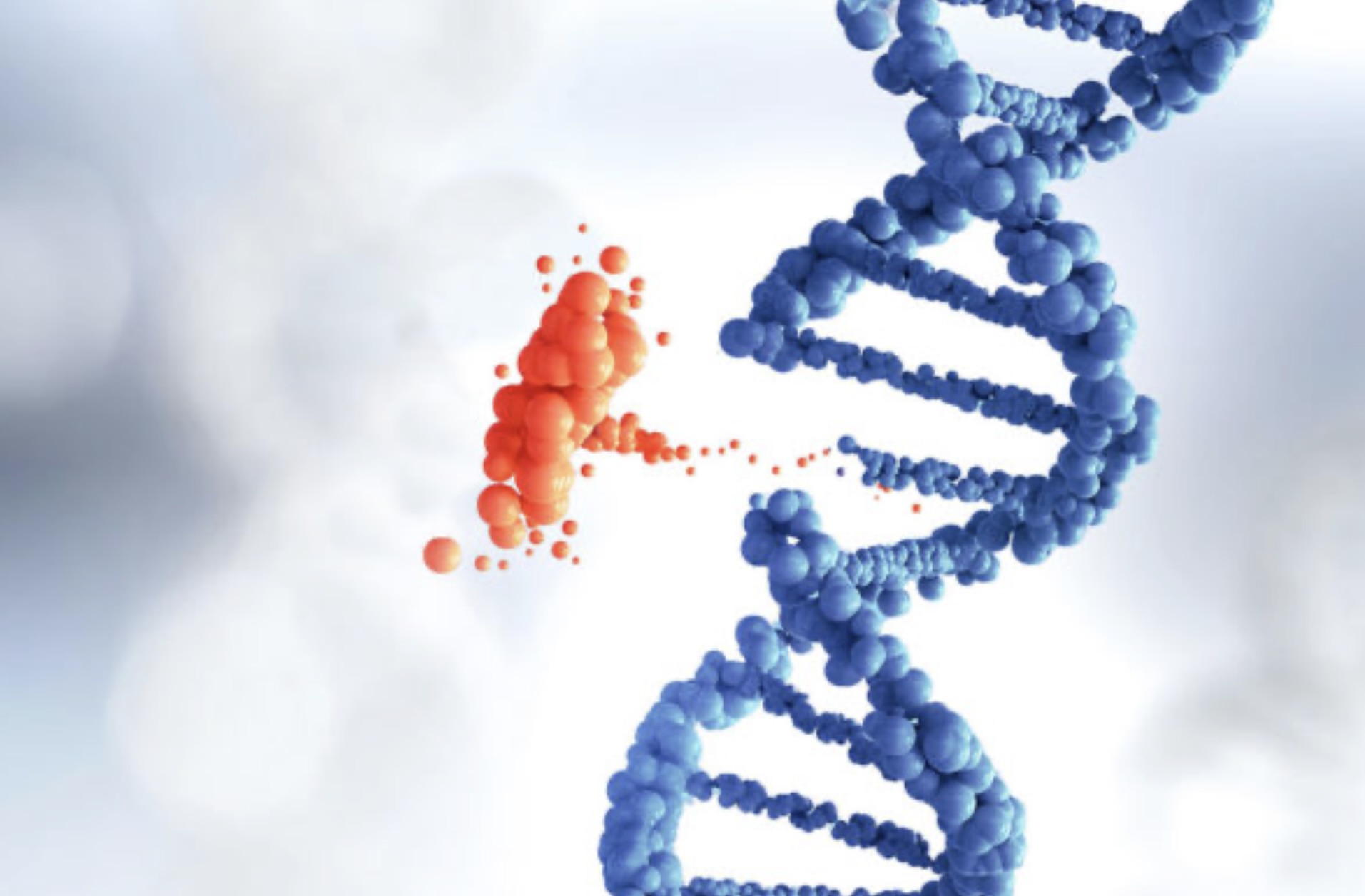Rabson-Mendenhall Syndrome: Symptoms, Causes, Treatment
What are the symptoms of Rabson-Mendenhall syndrome?
Rabson-Mendenhall syndrome is a rare genetic disorder characterized by insulin resistance, which means the body’s tissues are resistant to the effects of insulin. This leads to high levels of insulin in the blood, as the body produces more insulin in an attempt to lower blood sugar levels. The symptoms of Rabson-Mendenhall syndrome can vary but may include:
- Hyperglycemia: Persistently high blood sugar levels due to insulin resistance.
- Growth retardation: Children with Rabson-Mendenhall syndrome may have delayed growth and development.
- Acanthosis nigricans: A skin condition characterized by dark, velvety patches of skin, often found in skin folds such as the neck, armpits, and groin.
- Abnormal teeth: Teeth may be poorly formed or delayed in eruption.
- Hypertrophy of muscles: Muscles may be enlarged, especially in the calves.
- Disturbed electrolyte balance: Imbalance in the levels of minerals in the body, such as potassium and sodium.
Because Rabson-Mendenhall syndrome affects insulin signaling, it can also lead to complications such as diabetes mellitus, cardiovascular disease, and hyperandrogenism (excess male hormones) in females. Treatment typically involves managing the symptoms and complications of the disorder, which may include insulin therapy to help regulate blood sugar levels.
What are the causes of Rabson-Mendenhall syndrome?
Rabson-Mendenhall syndrome is a rare genetic disorder caused by mutations in the insulin receptor gene (INSR). This gene provides instructions for making a protein called the insulin receptor, which is involved in the regulation of glucose (sugar) levels in the blood.
Mutations in the INSR gene result in a dysfunctional insulin receptor, which leads to insulin resistance. Insulin resistance is the hallmark of Rabson-Mendenhall syndrome and is characterized by the body’s inability to respond to insulin normally, resulting in high levels of insulin in the blood.
Rabson-Mendenhall syndrome is inherited in an autosomal recessive pattern, which means that a person must inherit two copies of the mutated gene (one from each parent) to develop the disorder. If a person inherits only one mutated gene, they are considered a carrier and typically do not show symptoms of the syndrome.
What is the treatment for Rabson-Mendenhall syndrome?
The treatment of Rabson-Mendenhall syndrome is focused on managing the symptoms and complications of the disorder, as there is currently no cure. The primary goal of treatment is to control blood sugar levels and prevent the development of diabetes mellitus and other related complications. Treatment options may include:
- Insulin therapy: Since Rabson-Mendenhall syndrome is characterized by insulin resistance, some individuals may require high doses of insulin to control their blood sugar levels. Insulin therapy is usually tailored to the individual’s needs and may involve multiple daily injections or the use of an insulin pump.
- Blood sugar monitoring: Regular monitoring of blood sugar levels is essential for managing Rabson-Mendenhall syndrome. This helps to ensure that blood sugar levels are within a healthy range and allows for adjustments to insulin therapy as needed.
- Dietary management: A healthy diet is important for managing blood sugar levels and preventing complications. A dietitian can help develop a meal plan that is tailored to the individual’s needs and preferences.
- Exercise: Regular physical activity can help improve insulin sensitivity and may help to control blood sugar levels. However, exercise should be done under the guidance of a healthcare professional to prevent hypoglycemia (low blood sugar).
- Monitoring and management of complications: Individuals with Rabson-Mendenhall syndrome are at an increased risk of developing complications such as cardiovascular disease and hyperandrogenism. Regular monitoring and appropriate management of these complications are important for maintaining overall health.
Since Rabson-Mendenhall syndrome is a rare disorder, treatment is typically provided by a multidisciplinary team of healthcare professionals, including endocrinologists, dietitians, and genetic counselors. Treatment plans are individualized based on the specific needs of the individual and may evolve over time as new therapies become available.




